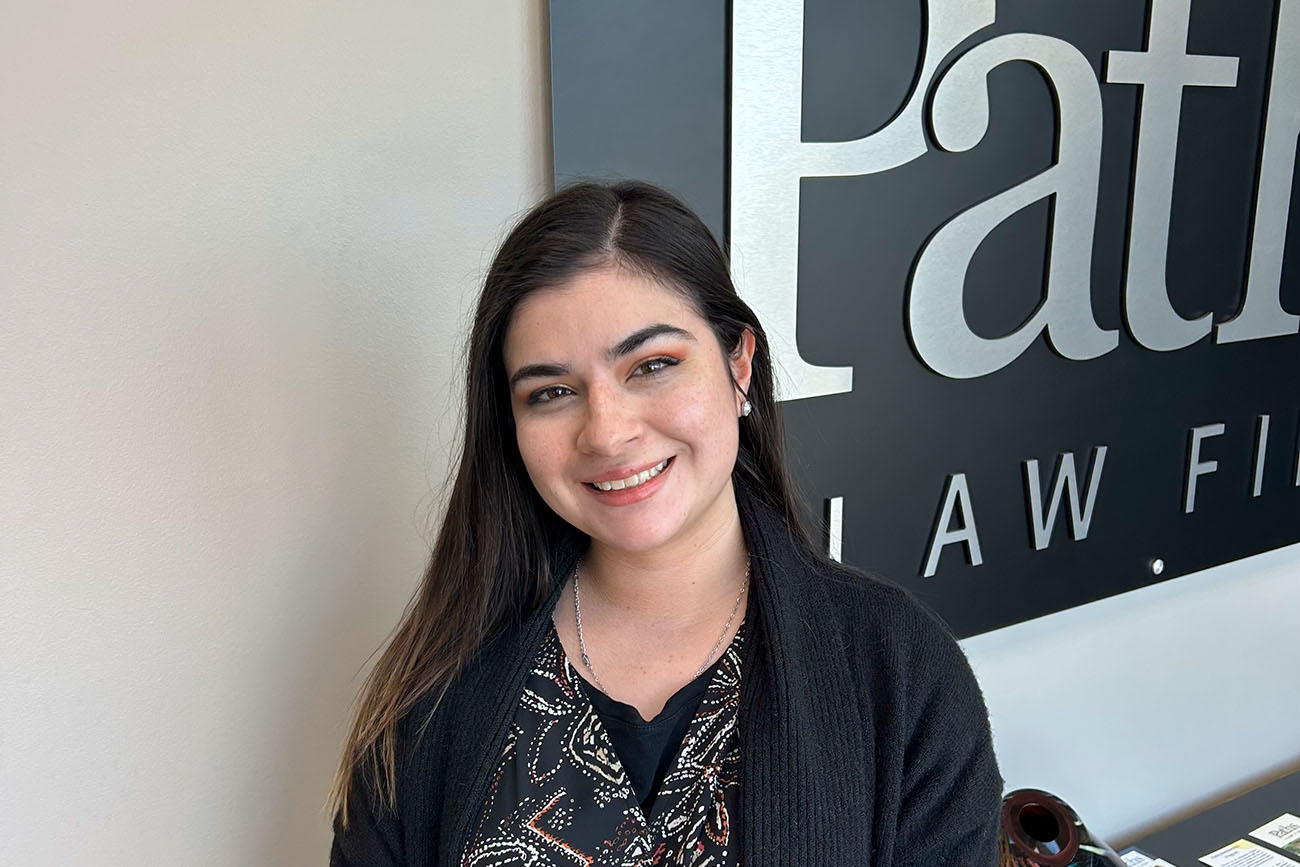Estate planning is the procedure of outlining how your assets will be divided and among whom in the event of your death. Estate planning is deciding who you want to leave your legacy to, and it is important to avoid probate court, a court with power over the administration of the estates of deceased individuals.
How Do You End Up in Probate?

The role of a probate court is to make sure that a deceased person’s debts are paid off or his assets are distributed to the right beneficiaries. Probate refers to the legal process that manages the liabilities and assets of the deceased.
The process of probate is initiated when a person files a petition for probate with the state’s probate court system. It is generally filed by a family member or a designator. The court then appoints a person to be the executor of the estate of the deceased who is responsible for allocating his estate to the correct beneficiaries. Though it is quite difficult to avoid probate altogether, well-thought-out estate planning helps avoid probate, which is complicated. If you have no plan for property after you die, it will force the court to determine how to distribute your assets.
A Pre-Planned Estate Avoids a Lengthy and Costly Probate
- A clear, legally bound estate planning helps avoid probate.
- It avoids complications, disputes, and bitterness among family members that may cause drifts because of irrational decisions made by the executors.
- You can choose the people you want to pass on your assets to according to your preferences. The law may not consider your personal relationships while allocating your assets, but you can.
- Prevents financial and legal grief to your loved ones through a long and complicated process of probation.
- It reduces the beneficiary tax outgo on account of inheritance.
For more information about estate planning,contact paths law firm.



































